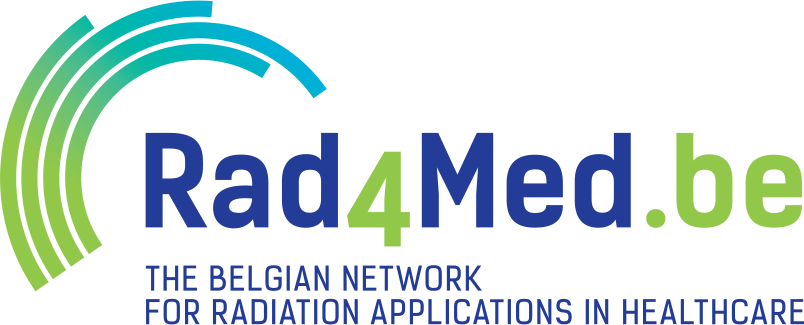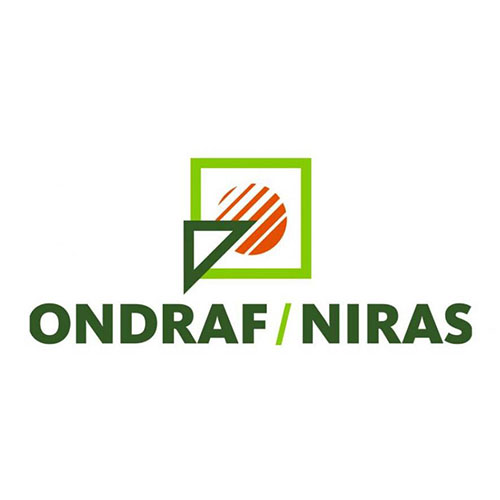ONDRAF/NIRAS, the Belgian Agency for Radioactive Waste and Enriched Fissile Materials, manages all radioactive waste in Belgium. That waste is generated in nuclear power plants, research institutes, hospitals, laboratories and in the industry. By identifying, transporting, processing, storing and disposing of the waste, ONDRAF/NIRAS protects the population and the environment from the risks caused by radioactive waste. The waste is monitored in every step of the process by an extensive control system.

